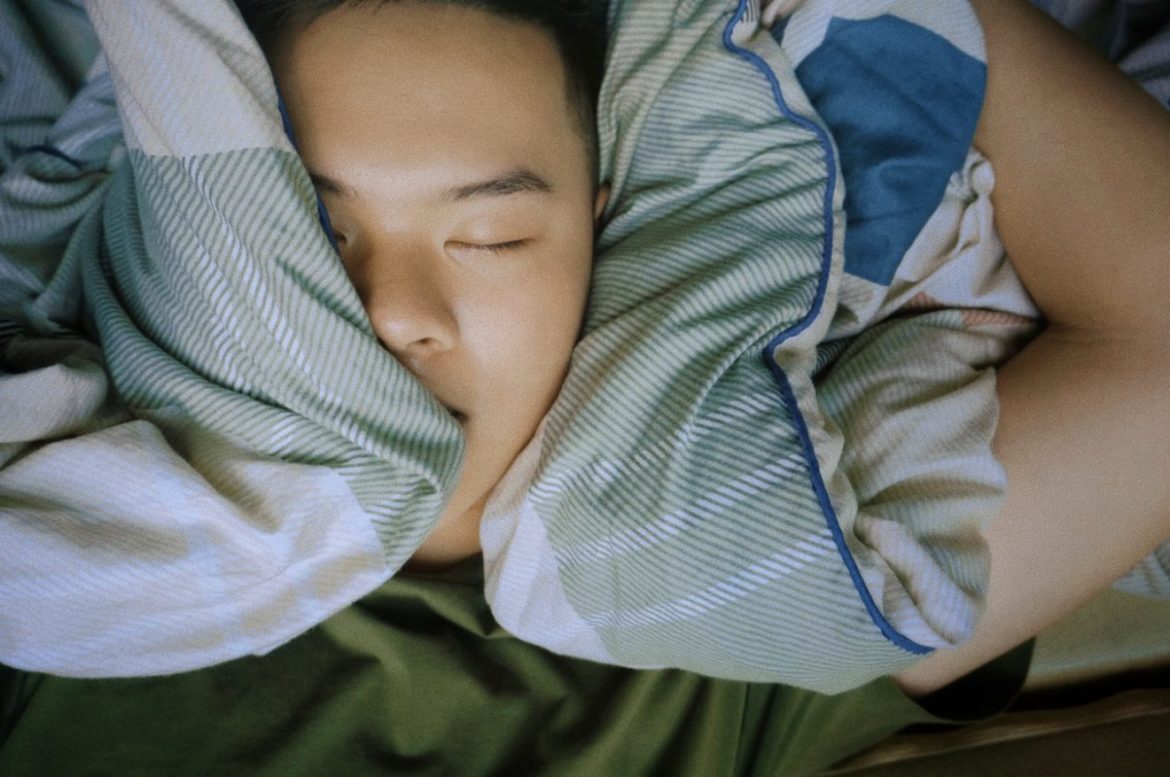New sleep study demonstrates how later school start times highly benefits middle and high school students’ sleep schedules.
The following written content via Oxford University Press USA

A new study in SLEEP, published by Oxford University Press, demonstrates the significant benefits of later school start times for middle and high school students’ sleep schedules.
Sleep is essential to a student’s overall health, social development, and academic achievement, yet lack of sleep is common among children and adolescents. Biological changes to sleep cycles during puberty make falling asleep early difficult for adolescents. This, coupled with early school start times, means that students often end up with insufficient sleep.

Approximately 28,000 elementary, middle, and high school students and parents completed surveys annually, before changes to school start times and for two years afterward. Participating elementary schools started 60 minutes earlier, middle, 40-60 minutes later, and high school started 70 minutes later. Student and parent surveys separately asked about students’ typical bedtime and wake time on both weekdays and weekends. The surveys also asked respondents to report on students’ quality of sleep and their experience of daytime sleepiness.
Researchers found that the greatest improvements in these measures occurred for high school students, who obtained an extra 3.8 hours of sleep per week after the later start time was implemented. More than one in ten high school students reported improved sleep quality and one in five reported less daytime sleepiness. The average “weekend oversleep,” or additional sleep on weekends, amongst high schoolers dropped from just over two hours to 1.2 hours, suggesting that with enough weekday sleep, students are no longer clinically sleep deprived and no longer feel compelled to “catch up” on weekends. Likewise, middle school students obtained 2.4 additional hours of sleep per week with a later school start time. Researchers saw a 12% decrease in middle schoolers reporting daytime sleepiness. The percent of elementary school students reporting sufficient sleep duration, poor sleep quality, or daytime sleepiness did not change over the course of the study. Read more from Oxford University Press USA.





